Ever wonder why your skin still acts up despite a solid skincare routine? You’re drinking water, moisturizing daily, and maybe…


Ever wonder why your skin still acts up despite a solid skincare routine? You’re drinking water, moisturizing daily, and maybe…
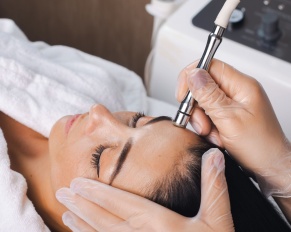
If you’re looking for a skin treatment that goes beyond hydration and plumping, you’ve probably heard about Rejuran. This skin-healing…
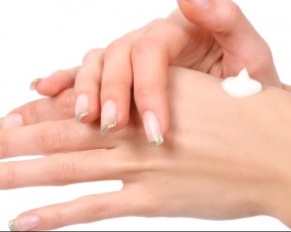
Winter in New Jersey can be a snowy wonderland. From fun family winter activities to cuddle time in front of…

In the tapestry of elder care, the health and well-being of our seniors hold paramount importance. Among the various health…

When it comes to skin types, it seems that for the most part, we always want that skin type that we don’t have i.e. oily-skinned teens pile on products to dry their skin to prevent breakouts, while mature women slather on cold creams and moisturizers to make their skin resemble a teenager’s. People have the opportunity to protect their skin from the harsh rays of the sun by using adequate sunscreen, yet often leave it unprotected to get a tan, thus creating skin that resembles shoe leather and risking skin cancer down the road.
If there were not a wide variety of skin types, the grocery stores and cosmetic counters would not be burgeoned with creams that promise rejuvenation, renewal and skin as soft and smooth as a baby’s bottom.
There is a fix for dry skin, if it is age that you are battling, and it comes in the form of spa treatments which provide the humidity that skin craves. These treatments open the pores to permit moisturizing products to work their magic.
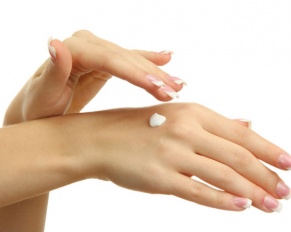
As the weather goes through changes, so does the human body. When temperatures drop, many people report experiencing an unexpected and unpleasant change in their skin. It is common to develop itchy or dry skin during the frigid winter months. The hallmark symptoms of this condition include chapped lips, cracked hands, and tightness. While dry skin can be uncomfortable and bothersome, there are numerous steps to take that can alleviate and prevent uncomfortable, dull winter skin.

 According to the American Society for Aesthetic Plastic Surgery, medical professionals administered an estimated 4 million Botox in injections during 2016. This shocking number places Botox among the top 5 nonsurgical cosmetic procedures. Despite its popularity and growing use, much speculation and misconceptions about Botulinum Toxin remain prevalent. But before speculation halts someone from making an appointment with a trusted practitioner, dermatologists shed light on the truth surrounding common myths about Botox injections.
According to the American Society for Aesthetic Plastic Surgery, medical professionals administered an estimated 4 million Botox in injections during 2016. This shocking number places Botox among the top 5 nonsurgical cosmetic procedures. Despite its popularity and growing use, much speculation and misconceptions about Botulinum Toxin remain prevalent. But before speculation halts someone from making an appointment with a trusted practitioner, dermatologists shed light on the truth surrounding common myths about Botox injections.

Dry skin doesn’t discriminate. It can affect any one of us at any time, and every season has its dry skin culprits. Thankfully, there are steps you can take to prevent dry skin that will help keep your skin soft, smooth, and flake-free. Dermatologists in New Jersey and throughout the country know that dryness is one of the most preventable afflictions of the skin. For this reason, some of the top dermatologists in the area have compiled a list of 10 things you can do to prevent dry skin.
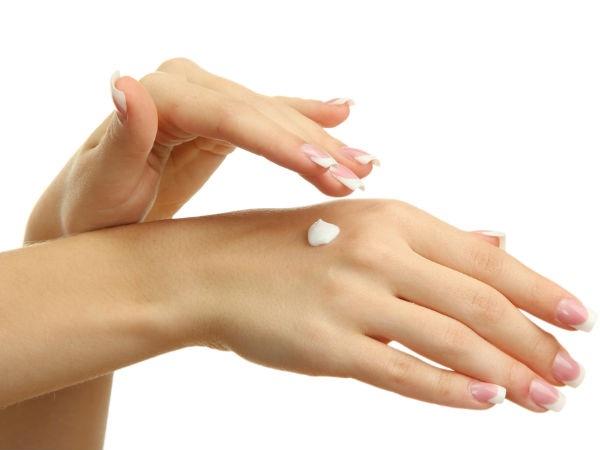 Additionally, all the areas of skin on your body are not created equally. Different skin areas are susceptible to different kinds of threats and by varying degrees, depending on the season. For instance, if you live in a cold climate you likely have experienced dry skin in those harsh winter months. However, just because you’re a warm-climate dweller, doesn’t mean you also don’t experience your share of dry-skin issues. Dry skin can cause skin to age prematurely. The face, neck, chest area, and hands are especially susceptible to looking old before their time, particularly if you’re someone who loves spending time out in the sun. And sometimes those skin moisturizers can do more harm than good. Some skin products actually contain so many chemicals that your skin probably would be better off if you didn’t use them at all. Following is information from dermatologists in New Jersey about how to prevent dry skin throughout the year. For more info on preventing dry skin contact a dermatologist near you.
Additionally, all the areas of skin on your body are not created equally. Different skin areas are susceptible to different kinds of threats and by varying degrees, depending on the season. For instance, if you live in a cold climate you likely have experienced dry skin in those harsh winter months. However, just because you’re a warm-climate dweller, doesn’t mean you also don’t experience your share of dry-skin issues. Dry skin can cause skin to age prematurely. The face, neck, chest area, and hands are especially susceptible to looking old before their time, particularly if you’re someone who loves spending time out in the sun. And sometimes those skin moisturizers can do more harm than good. Some skin products actually contain so many chemicals that your skin probably would be better off if you didn’t use them at all. Following is information from dermatologists in New Jersey about how to prevent dry skin throughout the year. For more info on preventing dry skin contact a dermatologist near you.
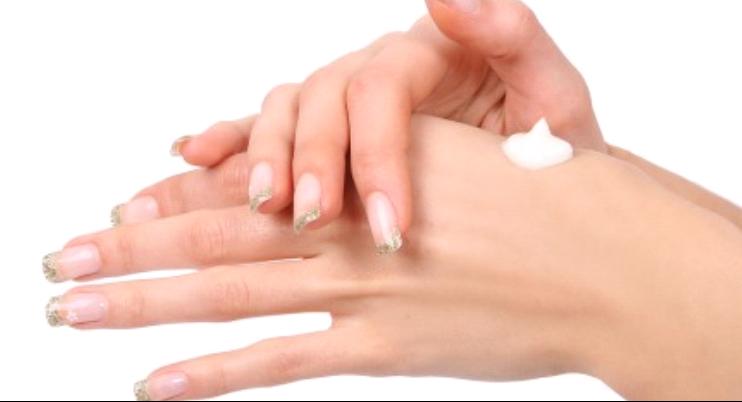 There are many ways to prevent dry skin besides being smart about sun protection, like applying sunscreen, wearing clothing that blocks the sun’s harmful UV rays or donning a floppy hat. Below are some helpful hints. That way you can stop blaming ol’ Sol, or your parents, for your dry skin woes. If you have dry skin and are looking for the best treatment options or if you want to keep your skin healthy as you age visit a top dermatologist in NJ today. A New Jersey dermatologist can help treat existing skin conditions and will work with you to prevent outbreaks in the future and keep your skin looking young for a long time.
There are many ways to prevent dry skin besides being smart about sun protection, like applying sunscreen, wearing clothing that blocks the sun’s harmful UV rays or donning a floppy hat. Below are some helpful hints. That way you can stop blaming ol’ Sol, or your parents, for your dry skin woes. If you have dry skin and are looking for the best treatment options or if you want to keep your skin healthy as you age visit a top dermatologist in NJ today. A New Jersey dermatologist can help treat existing skin conditions and will work with you to prevent outbreaks in the future and keep your skin looking young for a long time.